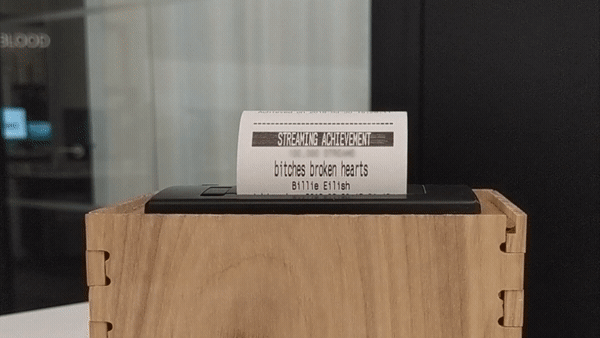
Imagine showing up to a multiday conference only to find that beyond the light breakfast and lanyard, everything feels refreshingly informal. Yet, after two or three days, you and your colleagues have exchanged information and ideas essential to the development of your career—and that of the company. No, this isn’t too good to be true: You’ve just experienced an unconference.
Each year toward the end of September, Spotify dedicates a week to “unconferencing,” an empowerment-based concept that has its roots in the ’90s tech developer world. Any Spotify employee can offer up a high-level idea for an unconference; interested colleagues sign up, and things unfold organically from there. An unconference starts with a discussion and a vote on what people want to talk about—then they get to it. Even presenters can be determined on the fly. Critically, every working session or presentation ladders up to the larger theme.
“Unconference is, at its core, a form of disruption,” explains Tyson Singer, Spotify’s VP of Technology & Platform. “It improves upon the traditional conference structure because the attendees are the ones in charge. Not only is it most effective and engaging for them to drive their own professional development, everyone is invested in getting the most out of their time together.”
How they do so might depend on the size of the unconference. A smaller one might necessitate full participation in every session. But a larger unconference of, say, a few hundred colleagues typically allows more freedom: Attend or even volunteer to lead the sessions you want to; skip the ones you don’t. Large or small, however, the format lets everyone loosen up and speak openly on how they view their contribution to the company’s future, rather than the company telling them.
“We wanted to get everyone in the same space to discuss each function and how they fit into the larger picture,” says Angie Schmitz, Senior Data Solutions Lead, who organized a September 2018 unconference on voice-responsive technology for seventy colleagues. “It provided an opportunity for people to ask questions and network across all the work streams.”
An unconference needn’t be focused on tech, however. It can work well for just about any discipline, as well as across disparate functions. Senior Software Engineer Ariel Marcus, for example, arranged his September 2018 unconference for seventy-five attendees from design, product, engineering, and finance. It was, he says, “an amazing opportunity for collaboration across departments, disciplines, and continents.”
Even better is when unconferences overlap or occur consecutively in one location, as they typically do at Spotify.
Josh Blaney, R&D Engineering Manager, scheduled his three-day unconference on web culture just before one on machine learning—and attended both. “This was entirely outside of my wheelhouse,” he admits, but he can now see how his web work converges with a field that’s an important part of Spotify’s future. “I feel like I have a good grasp of the fundamentals,” he says.
Whether it’s one unconference or a couple strung together on different topics, the end benefit is clear so long as the attendees collaborate closely, start to finish. “[You] get a better perspective by listening to others,” Josh explains. “That’s really something special.”
Stay focused in your regular, conference-free workday with Spotify’s Morning Motivation playlist.








Recent Comments